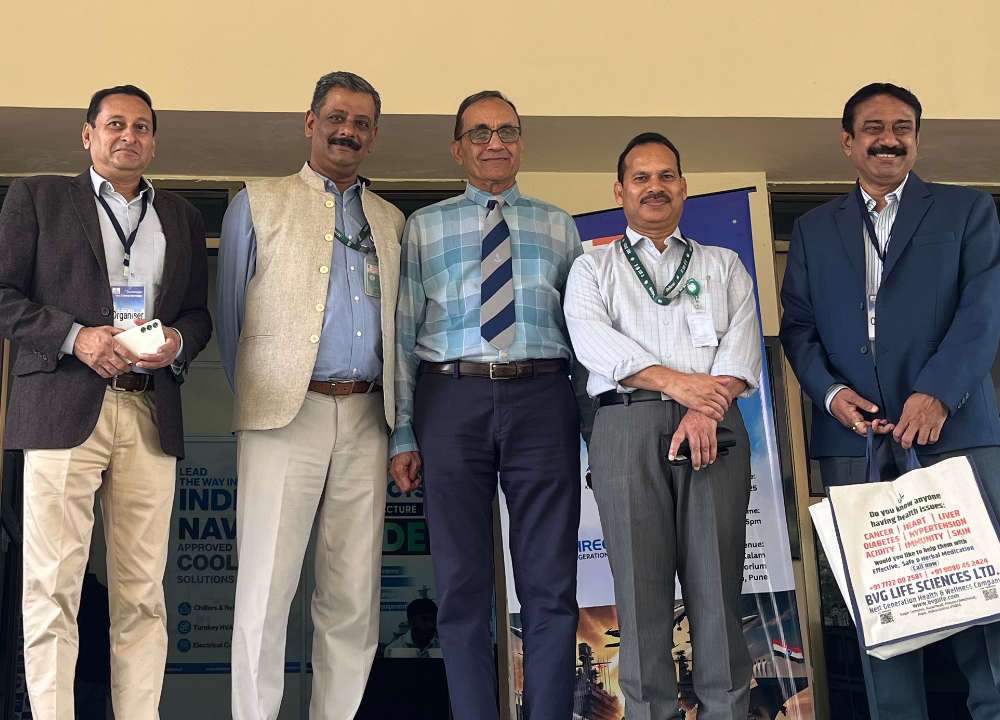India’s tyre industry is expected to achieve a revenue growth of 7-8% this fiscal year, driven by moderate increases in volumes and realisations, according to CRISIL Ratings. However, escalating natural rubber prices and subdued export demand are creating hurdles for manufacturers.
The projected growth, underpinned by a 3-4% rise in volumes and pricing, marks an improvement from last year but remains well below the strong 21% CAGR recorded between FY21 and FY23. Natural rubber, comprising nearly 50% of input costs, has become costlier due to unfavorable weather in major producing nations like Thailand and Vietnam. This price surge has constrained tyre makers’ ability to fully pass on costs, prompting gradual price adjustments through the year.
Anuj Sethi, Senior Director at CRISIL Ratings, attributed volume growth primarily to replacement demand in commercial and passenger vehicles. Original equipment manufacturer (OEM) demand, meanwhile, is projected to grow by just 1-2% due to sluggish commercial vehicle sales. Replacement demand currently constitutes two-thirds of the sector’s sales.
Exports, which account for a significant share of India’s tyre industry, are likely to see limited growth of 2-3%, impacted by weaker demand from key markets such as North America and Europe. These regions, representing 60% of India’s tyre exports, are grappling with geopolitical challenges, higher freight costs, and longer transit times.
Operating profitability is expected to decline by 300 basis points to 13% this fiscal, down from 16% last year, largely due to rising input costs and weaker export performance. Despite this, CRISIL notes the sector remains financially strong, with manufacturers maintaining robust balance sheets and prudent investments. Capacity utilisation stands at 80%, with Rs 5,500 crore earmarked for expansion and debottlenecking, slightly lower than last year’s capital spending.
Government measures, such as the extension of countervailing duties on Chinese radial tyres for five years, aim to support domestic manufacturers. Additionally, environmental regulations, including Extended Producer Responsibility (EPR), are driving companies to adopt sustainable practices in managing waste tyres. While challenges persist, CRISIL expects the industry to navigate the headwinds effectively, supported by strategic pricing, disciplined spending, and a stable credit outlook.








